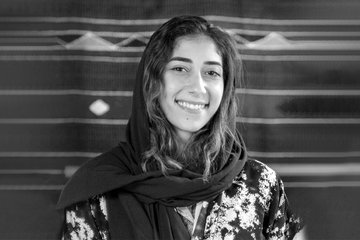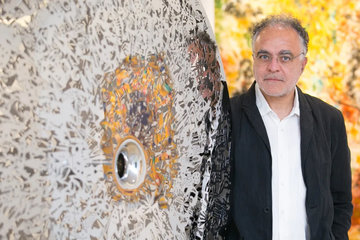
Dana Awartani, a Saudi-born artist of Palestinian descent, presents an ethereal collection at the Diriyah Art Biennale. Titled "Come, Let Me Heal Your Wounds," it comprises ten silk stretched frames, exuding a dreamlike aura with their earthy tones of ochre, reds, and greens. Inspired by Ayurvedic dyeing techniques reputed for their healing properties, Awartani collaborated with artisans in Kerala, India, to craft these pieces.
Dana Awartani, a Saudi-born artist of Palestinian descent, presents an ethereal collection at the Diriyah Art Biennale. Titled "Come, Let Me Heal Your Wounds," it comprises ten silk stretched frames, exuding a dreamlike aura with their earthy tones of ochre, reds, and greens. Inspired by Ayurvedic dyeing techniques reputed for their healing properties, Awartani collaborated with artisans in Kerala, India, to craft these pieces.
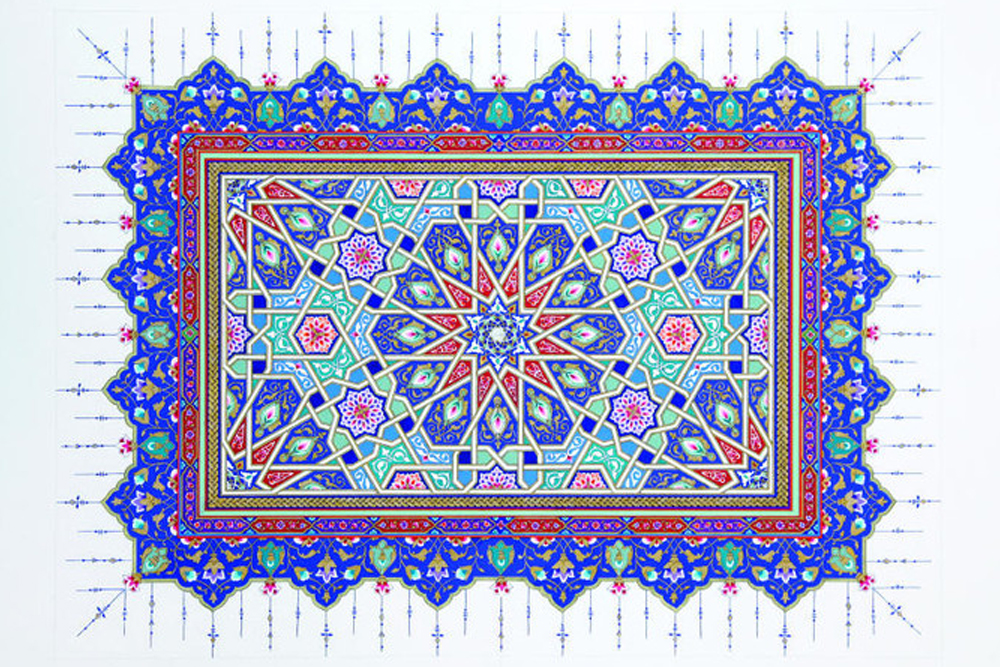
Awartani's artistic endeavors extend beyond the Biennale, encompassing a diverse array of mediums such as drawing, painting, textiles, multimedia installations, and film. She frequently references the rich history of Islamic art in her work, particularly sacred geometry, and traditional crafts, combining them with modern designs to elicit a deep philosophical undertone as well as aesthetic appeal.
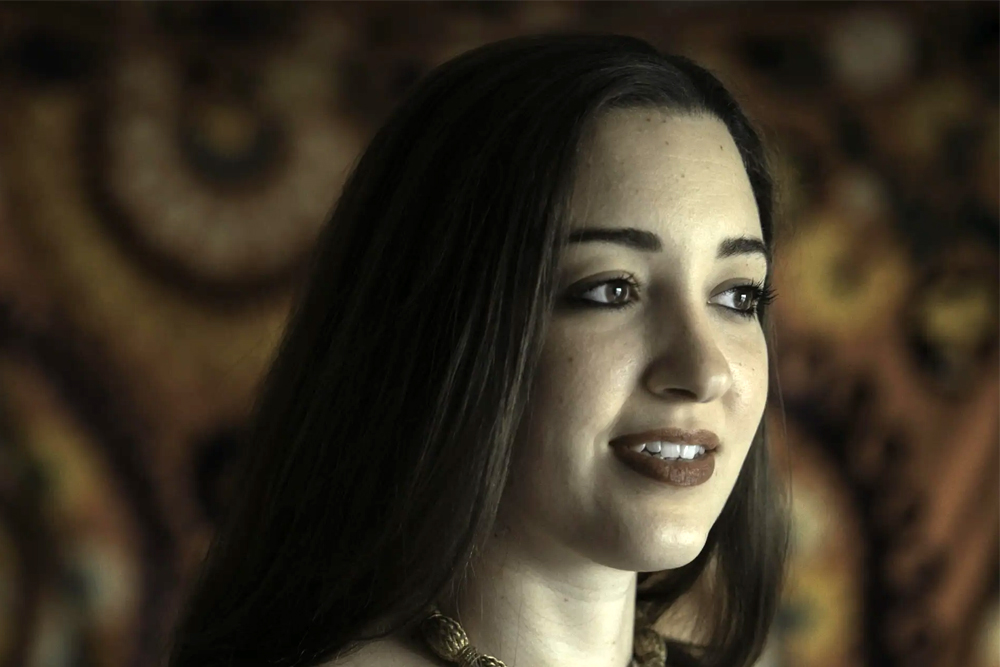
The integration of old methods into contemporary thought is at the heart of Awartani's work, as demonstrated by her pursuit of an Ijazah certificate in Islamic lighting. She narrates how recent geopolitical upheavals have reshaped her perspective, prompting a shift from solely focusing on sacred geometry towards a more collaborative approach involving diverse craft communities.
Collaboration lies at the heart of Awartani's recent works, reflecting a departure from solitary artistic endeavors towards inclusive exchanges with artisans and craftsmen. In projects like "When The Dust of Conflict Settles," she collaborates with Syrian stonemasons displaced by war, fostering an exchange of knowledge and culture.
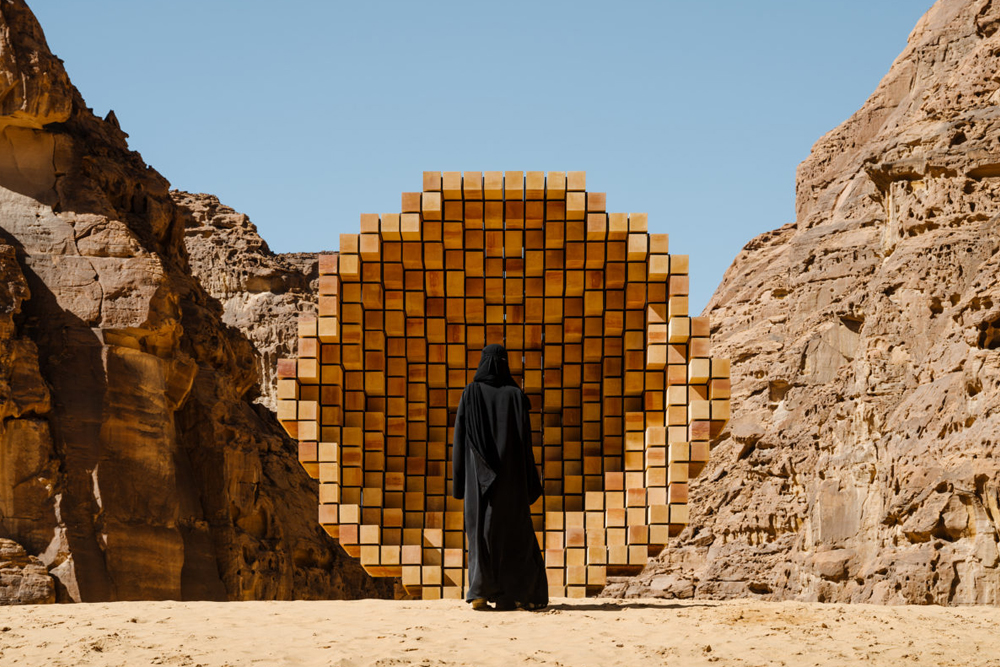
In essence, Dana Awartani's art blends tradition and innovation, echoing her cultural heritage. By collaborating with others, she preserves traditions and uplifts marginalized voices, encouraging viewers to contemplate human creativity in challenging times.
Born in 1987 in Jeddah, Awartani's art graces esteemed collections like the Sharjah Art Foundation and The Guggenheim. Notable accolades include being a finalist for the Richard Mille Art Prize in 2022 and receiving the National Cultural Award from the Ministry of Culture in Saudi Arabia in 2021. She holds a BFA from Central Saint Martin's College of Art and Design and an MA in Traditional Arts from The Princes School of Traditional Arts in London. She's engaged in significant residencies, including the Institute Sacatar Residency Award in 2020. Currently based in Jeddah, Awartani continues to contribute to the art world.

